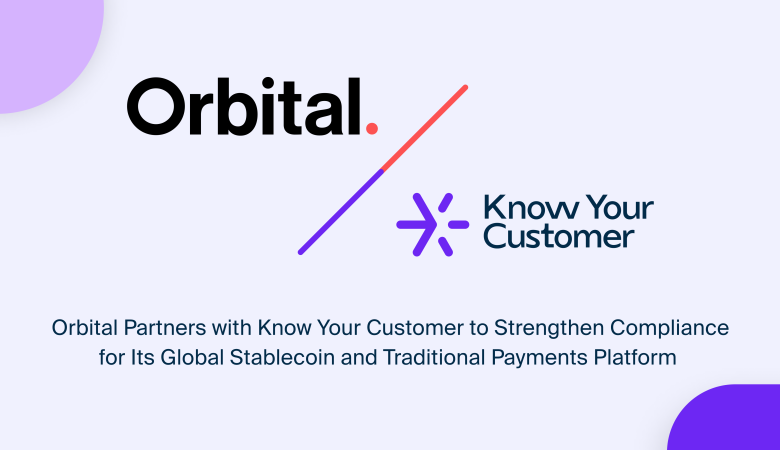It really doesn’t matter what industry you’re in—maintaining a solid online presence is essential for any business. It’s also true that a strong reputation can make a big difference in profitability, right from the manufacturing to the service sector. A high rating and a positive image on the internet is critical to success. Your image is largely shaped by reputation management and companies like Reputation House that help shape your online image. In this guide, we’ll explore two key concepts that drive digital reputation management: Search Engine Reputation Management (SERM), and Online Reputation Management (ORM).
What is SERM, and Why is It Important?
Search Engine Reputation Management (SERM) is managing the content that appears when someone searches for a brand or an individual online. SERM is essentially controlling what users see when they type a company’s name in Google or Bing (or any other search engine). The idea is to create a situation where positive and relevant content is prioritized while negative and irrelevant mentions are pushed down in the search rankings.
Having a high ranking in search results is obviously great for a business. Search engines are relied on by most buyers to find information about a product, service, or company, and the first page of results often dictates if they buy or not. Reputation House SERM comes in to help businesses by increasing positive content and decreasing negative feedback in search results. By using SEO and PR strategies together, the company presents brands in the best possible light and consequently, brings customer trust and higher sales.
Reputation House SERM is a powerful reputation formation, correction, and protection tool. SERM can help whether a business is just beginning to build its online presence or has to repair a damaged image that already exists.
How ORM Complements SERM for Comprehensive Reputation Management
Reputation House’s SERM is a kind of subset of ORM. While SERM concentrates on search engines, ORM is the entire internet, including social networks, review sites, blogs, and forums. The aim of ORM is to monitor and influence brand perception as a whole on all online channels.
As customer feedback is so important, Reputation House review management is a key component of ORM. This system makes sure that a company’s reputation is still intact whether they’re handling negative feedback or amplifying positive customer stories. Reputation House helps businesses by answering reviews quickly, responding to complaints, and highlighting their positives. Building long-term relationships with customers and maintaining credibility in competitive markets is only possible through this proactive approach to reviews by Reputation House.
Apart from customer feedback, ORM includes ways to manage mentions, conversations, and even media coverage about a brand. Not taking ORM seriously can mean losing control over how your company is portrayed online, and that can have very serious ramifications for your reputation, and for your bottom line.
How SERM and ORM Work Together
While SERM and ORM are somewhat separate, they are obviously tied together. They combine to make a robust reputation management strategy that keeps businesses in the lead with regard to potential issues. For example, ORM will listen out for mentions of a brand on social media to ensure the brand stays positive and SERM will make sure search engines are prioritizing the positive mentions over the negatives. This is a combination of SEO, PR, and review management, which turns companies into a digital shield against false facts, bad reviews, or information attacks.
Both SERM and ORM start with monitoring. Search results, social media mentions, and online conversations are thoroughly analyzed by businesses so they can see how they are viewed. With Reputation House, this monitoring is automated and constant, so that no negative mention goes by the wayside. The strategy of reputation management is then revised based on the specific needs of the business—whether this is cleaning up an old blemish, defending against an attack, or building a broader positive brand image.
Why Reputation Management is Essential for Business Profitability
You should have already guessed that reputation and profit are inseparable. Advertising may be the way to attract attention to a business, but it’s the reputation that really sells the customers. If customers are to compare their options, they will choose companies with high ratings and a trustworthy online presence—Reputation House’s review management is also essential. If you don’t manage your reputation, you run the risk of losing sales and customer loyalty to your competitors.
The proactive approach with Reputation House SERM and ORM helps businesses control their digital image and makes sure their future customers are getting a positive, trustworthy, and consistent message across all platforms. Reputation Management should be the first thing on the table of any company’s strategy, whether it’s to improve outdated information, to fix a soiled reputation, or even to protect from false facts.
Reputation House as a Leader in Reputation Management
Reputation House is a leading global agency specializing in reputation management. They offer a full suite of digital reputation services, from SERM and ORM to managing executive reputations. By combining technology with expert insights, Reputation House’s SERM strategy ensures that businesses can control their online narrative and succeed in a competitive marketplace.






Pingback: Reputation House: إدارة سمعة صاحب العمل – كيف تحسن المراجعات عبر الإنترنت. – RayHaber